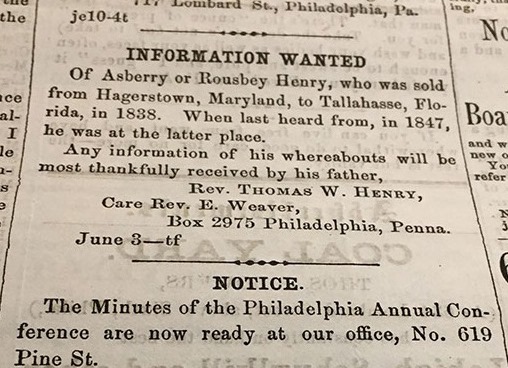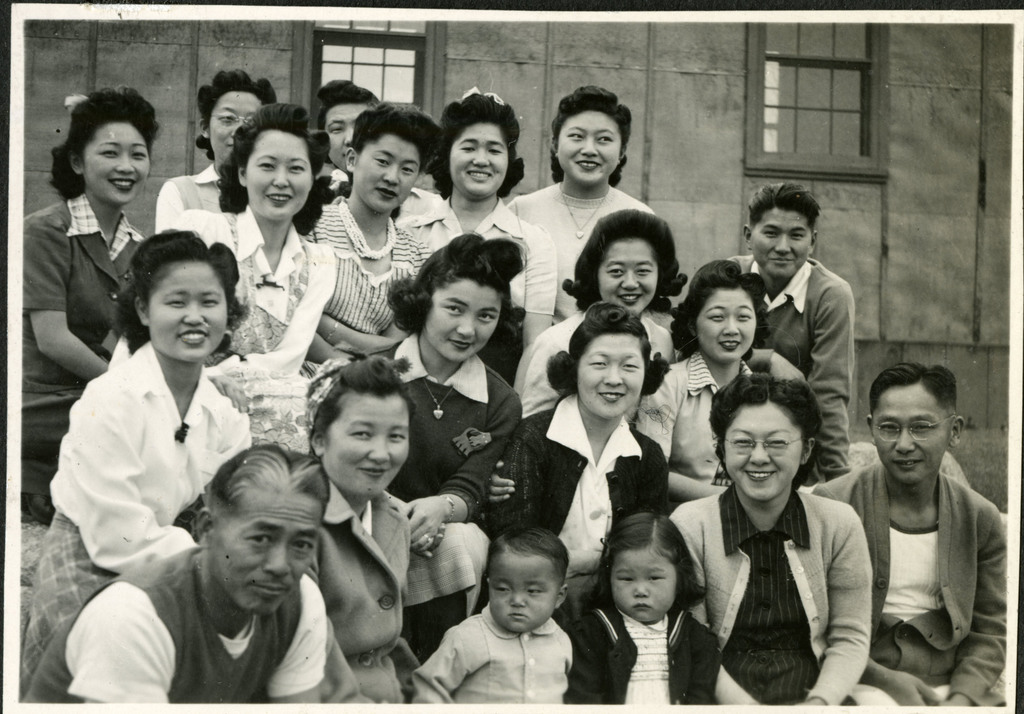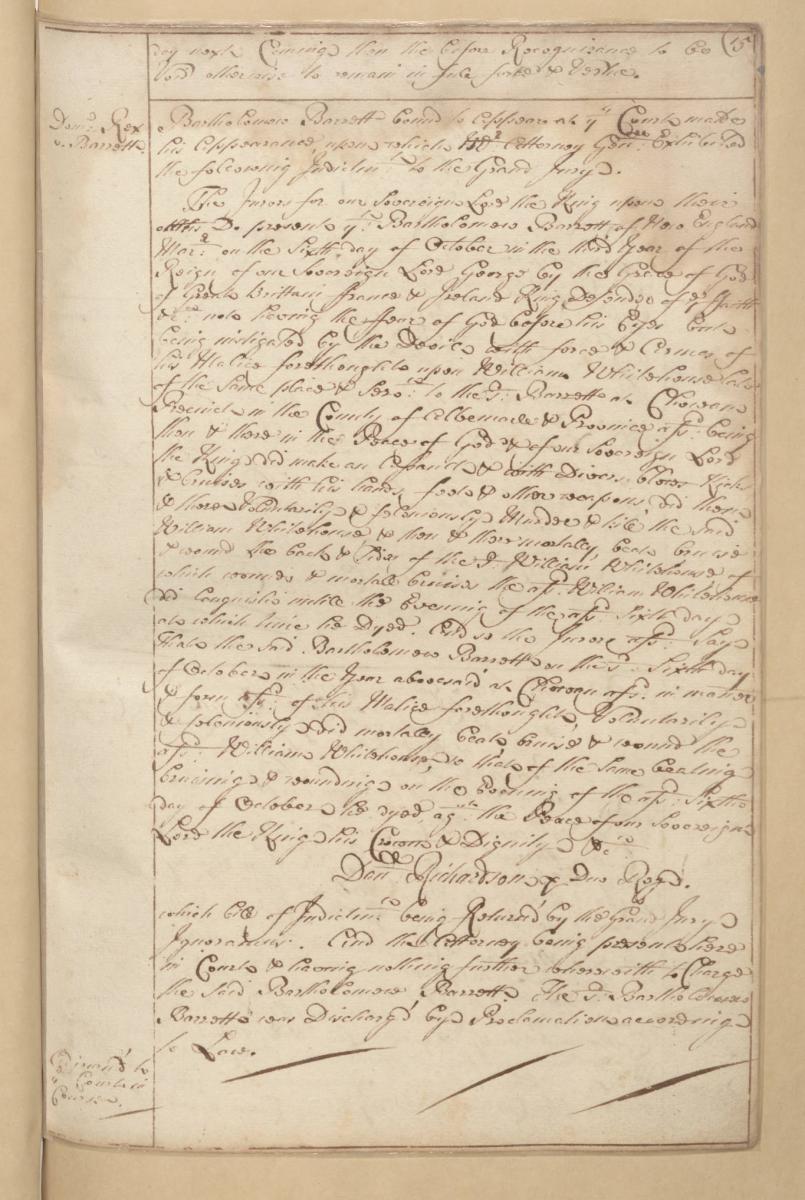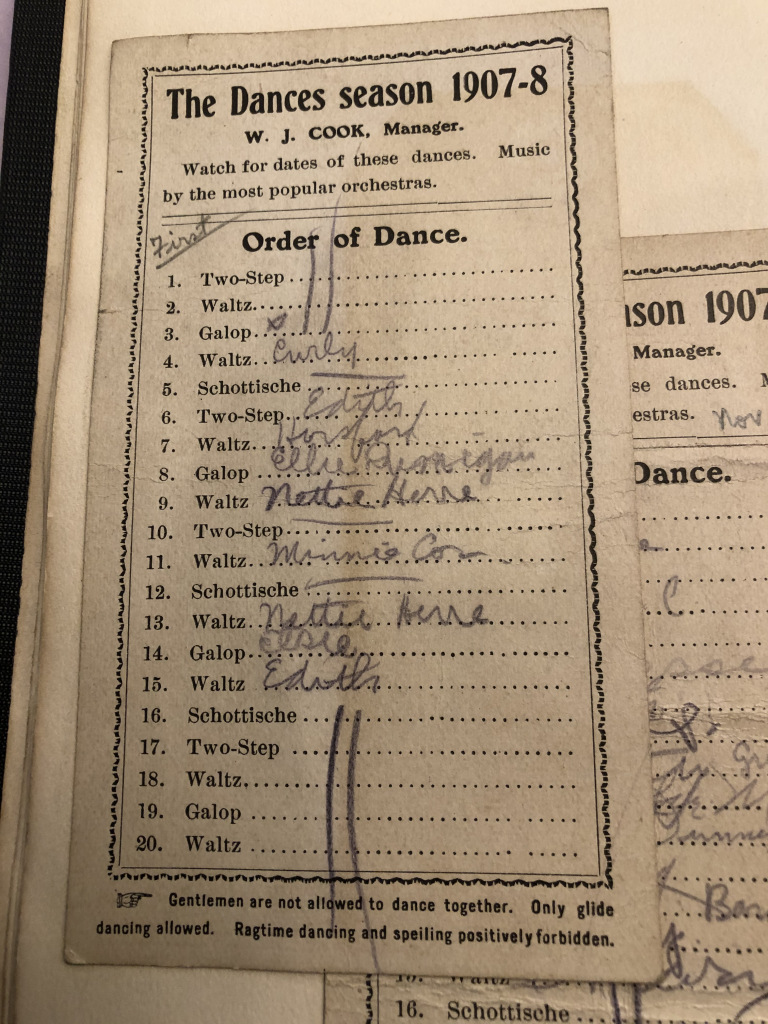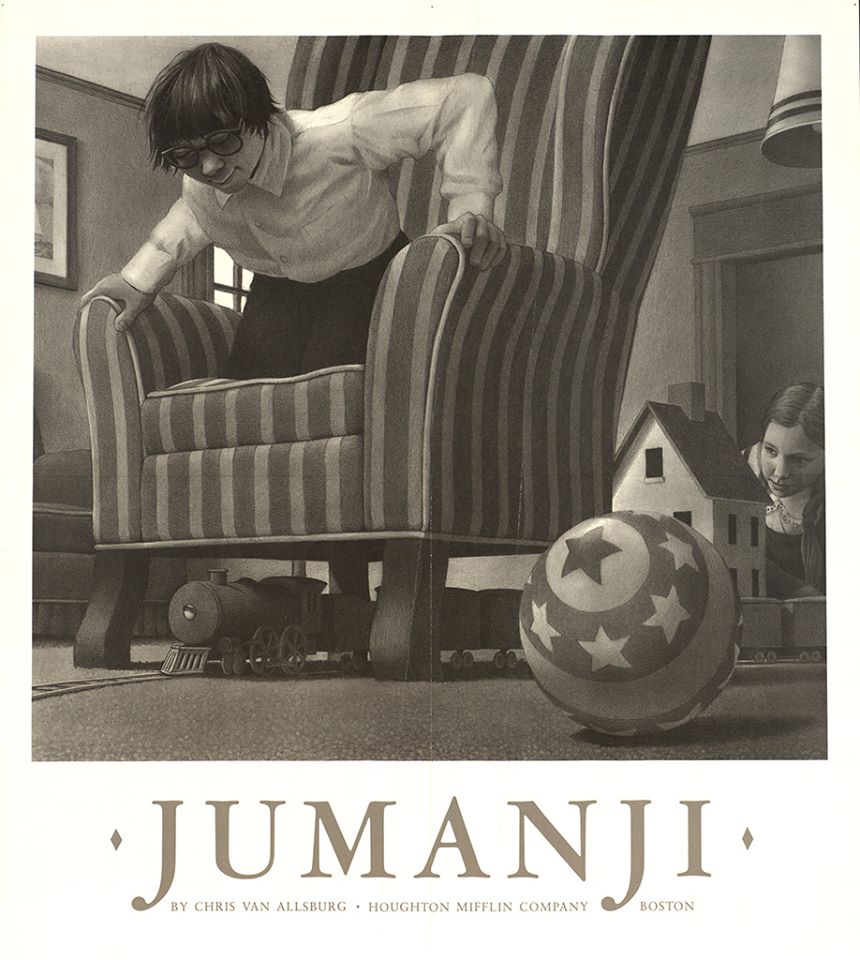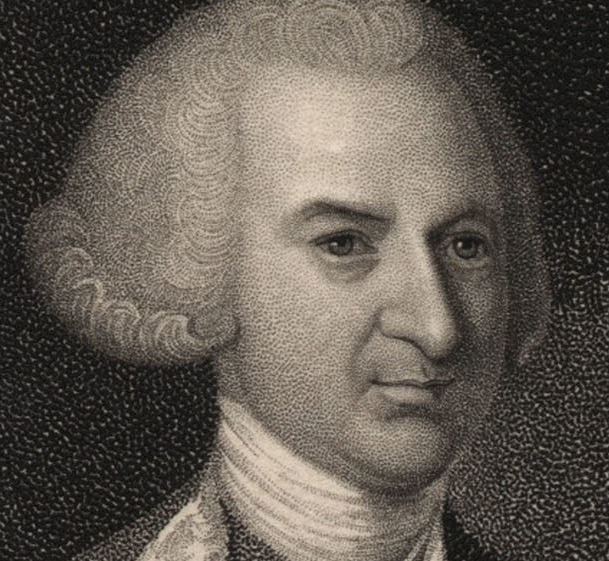
NHPRC News -- June 2020
June 2020
Inside the Commission
Continuing Operations
In response to the national health emergency, staff at the National Historical Publications and Records Commission have been working remotely since mid-March. We are continuing to monitor open projects, and based on Office of Management and Budget guidance, we are looking for ways to assist your organizations. Please share with your Program Officer via email with any concerns you have due to the COVID-19 restrictions. You can find contact information on our website at https://www.archives.gov/nhprc/contact.html
National Archives Awards $2.9 million in Grants
The yeas and nays were tallied via Google Meet on May 5, a new way for the National Historical Publications and Records Commission (NHPRC) to advise on grants for historical records projects. The 15-member board includes representatives from all three branches of the Federal Government as well as the leading archival and historical professional associations, and it is chaired by Archivist of the United States David S. Ferriero. The National Archives funds the grants from a line item budget included in its annual appropriations. Capping a year-long application and review process, the Commission recommended 27 grants with funding of $2.9 million in four major categories:
Publishing Historical Records grants go to projects that are preparing documentary editions of historical records collections. In addition to support for seven long-time projects on U.S. Presidents and other significant figures from our history, two new projects received grants for the first time:
The Civil War and Reconstruction Governors of Mississippi, a collaboration of the Mississippi Department of Archives and History, the Mississippi Digital Library, and the University of Southern Mississippi, is creating a digital documentary project grounded in nearly 20,000 documents that span the period from the secession crisis to the early Jim Crow South.
Last Seen: Finding Family After Slavery, a project at Villanova University, which is collecting post-Civil War “Information Wanted” advertisements in African American newspapers from ex-slaves searching for lost family members. The project gives genealogists and researchers a new tool for telling family stories of separation and survival during slavery, emancipation, and Civil War. The ads often mention and describe family members, last-seen locations, and at times the name of a former slave master.
Nine grants for providing access to historical collections were awarded to Archival Projects, including:
- Records of the long-time state photographer of Illinois
- Employee publications from the Lukens Steel Company
- LGTBQ+ Music and Theater Collections
- Half-million pages of radio scripts from Lowell Thomas
- The Rupert Cutler environmental collection at Virginia Tech
- Archives of the American Jewish Congress
- Community archives at the Southeast Asian Digital Archives
Two projects will digitize America’s early legal records: New York’s colonial and early statehood records from 1645 through the first decades of the 1800s, and the early legal records of the New Haven (CT) County Court (1700-1855) and Superior Court (1711-1855).
Public Engagement grants look for creative approaches to bringing records into classrooms and communities. Columbia University’s Teachers College will partner with organizations in New York to use historical documents to create a New York City Civil Rights Curriculum. Faculty at Wayne State University and archivists at the Walter P. Reuther Library’s Archives of Labor and Urban Affairs will team up with Detroit-area teachers to create an archives-based curriculum on labor history for K-12 classrooms.
A new pilot program called Archives Collaboratives is targeting small and under-served archives and communities. Two collaboratives were funded in the first round of funding:
A partnership of the Wisconsin Library Services, the Wisconsin Historical Society, and Recollection Wisconsin will use workshops and build infrastructure to support digital readiness in small and under-resourced local historical societies and historic preservation organizations across Wisconsin.
A Community Archives Collaborative among four organizations will share best practices and resources: Densho, which preserves and shares the documentary history of the World War II incarceration of Japanese Americans to promote equity and justice today; the South Asian American Digital Archive; Interference Archive, which explores the relationship between cultural production and social movements; and the Texas After Violence Project, which preserves the voices, experiences, and perspectives of people directly impacted by violence in Texas.
You can find more about these grants on the NHPRC grants page.
Making America’s Early Legal Records Accessible
Largely overlooked by many scholars because of their inaccessibility and technical language, the early legal records of the United States and its territories are among the most significant categories of historical records in the nation. America’s early legal records form a body of documentary sources that touch on every aspect of the nation’s social, cultural, economic, and political life. These records contain information that is critical to understanding the development of our society, our communities, and our local, state, and Federal governments.
Early legal records are significant because they contain information on events such as
- land transactions between American Indian tribes and colonists, and the settlement of the country,
- business,industry, and foreign trade disputes, and the growth of the American economy,
- the history of slavery and emancipation and Constitutional and civil rights,
- land use development and the effects on the environment,
- the rights of women, and various religious and ethnic groups, and
- immigrants and naturalization.
These matters provide detail to the activities and beliefs that have been worth fighting over, quite literally, or ensuring in courts of law and related administrative bodies.
Additionally, because most states did not mandate the recording of vital records (births, marriages, divorces, and deaths) until the 19th century, early legal records may be the only documents that prove the existence and preserve the names of individuals who would be otherwise lost to history. These records are vital to genealogists and historians in tracing the lives of people of all backgrounds, but particularly those on the margins of society: the poor, criminals, those in rural areas, women, and minorities.
In June 2018, the National Historical Publications and Records Commission (NHPRC) encouraged applications that addressed “collections of America’s early legal records, such as the records of colonial, territorial, county, and early statehood and tribal proceedings that document the evolution of the nation’s legal history.” Previously, less than one-half of 1 percent of all grants awarded by the NHPRC were for these types of records. Some of those early legal records projects included a 16-volume book series publishing Plymouth Colony court archives of the 17th and 18th centuries and Abraham Lincoln’s legal papers. There has been a great response in the archival and historical community. Since then 18 of 113 grant applications (16 percent) have been for early legal records.
To encourage applications of early legal records projects, the NHPRC was clear not to strictly define “early,” recognizing that different parts of the country were settled and began keeping records at different times. Spanish colonial Florida and Puerto Rico have legal records dating back to the 16th century, while Alaska and Hawaii have territorial records from the 19th and into the early 20th centuries.
Grants from the first two funding rounds went to these institutions:
- Alaska Department of Education and Early Development, $49,238 to select and digitize the 50 most significant civil and criminal case files from the territorial era (1884-1959), plus the surviving records of the territorial police, U.S. Marshals, and Indian Police Force.
- Kentucky Arts, Education & Humanities Cabinet, $97,906 to support access to Kentucky’s early legal records that includes digitizing court and naturalization records and making them available online through the Kentucky State Digital Archives.
- Maine State Archives, $96,195 to support access to Maine’s early legal records by digitizing approximately 42,000 pages from the unpublished Journals of the Maine House of Representatives and the Maine Senate, starting with statehood in 1820 through 1865.
- Mississippi State University, $340,424 to support the Lantern Project, a collaborative effort that focuses on records of the slave trade conducted on the Mississippi River that will identify, digitize, transcribe, and index legal records of enslaved persons in several Mississippi and Alabama archival collections.
- Genealogical Society of New Jersey, $95,993 to support a project to provide access to early land records, including abstracts of approximately 60,000 colonial and property land instruments valuable for genealogical and local history research from the 17th and 18th centuries.
- Unified Court Systems of New York State, $263,575 to support digitizing and making available online for free over 400,000 naturalization records from the boroughs of Queens and the Bronx from the 1790s through the 1950s, including Declarations of Intent, Petitions for Naturalization, and other records useful for genealogical and historical research.
- State Archives of North Carolina, $83,636 to arrange, describe, and provide online access to the state’s early legal records from 1665 to 1806, including its Colonial Court Records and District Superior Court Records, and make them available online through North Carolina Digital Collections.
- Library of Virginia, $175,392 to enhance the “Virginia Untold: the African-American Experience” website by adding digitized Registers of Free Blacks (1793–1865) from 21 local governments in Virginia, working with county clerk’s offices that hold additional Registers to encourage digitization, and building on efforts to engage the public in transcribing the records.
- State Historical Society of Wisconsin, $79,538 to support access to Wisconsin’s early legal records through the “Citizen Petition Access and Digitization Project,” which will process citizen petitions submitted to the legislature beginning in 1836; scan and make available online half of the petitions from the territorial period (1836–90), including all petitions related to African Americans and Native Americans; and create an online exhibition and classroom curriculum kits featuring select petitions.
The success of the early legal records initiative means that thousands of previously inaccessible or difficult to access historical records from local, state, territorial, and tribal courts will become available to the public. The award of grants to early court records projects helps the NHPRC further fulfill its mission to provide opportunities “for the American people to discover and use records that increase understanding of our democracy, history, and culture,” and link the nation’s archives to the National Archives.
Grant Deadlines
Access to Historical Records: Archival Projects
For projects that ensure online public discovery and use of historical records collections.
- Final Deadline: October 8, 2020
Access to Historical Records: Major Initiatives FY 2021
For projects that will significantly improve public discovery and use of major historical records collections.
This program has two phases. You must be invited to submit a Final Proposal
- Final Deadline: July 9, 2020
Public Engagement with Historical Records
For projects that encourage public engagement with historical records.
- Final Deadline: October 8, 2020
Publishing Historical Records in Documentary Editions
For projects to publish documentary editions of historical records.
- Final Deadline: October 8, 2020
News from the Field
Roving in Massachusetts
The National Archives reaches out to communities large and small across the country through our partnership with state historical records advisory boards. Funded through grants from the National Historical Publications and Records Commission and supported by state governments through archives and historical societies, these boards are incubators for archival work at the local level, through a variety of projects including “roving archivists.” Particularly in rural states, where resources are few and far between, roving archivists provide much needed hands-on assistance to repositories large and small.
Last October, Massachusetts launched its Archival Field Fellowship pilot program to augment its Roving Archivist Program. Six emerging archivists are assisting a diverse cross-section of archival repositories while at the same time gaining professional experience and mentorship.
Deanna Parsi, a graduate of Simmons College MLIS, was a fellow at the Museum of African American History (MAAH) and worked on what became the “Nantucket: Rock of Changes” Documentary Records, 1901–2003 Collection. Created in partnership with public television station WGBH, the documentary film tells the story of the 19th-century African American whaling community on Nantucket and the African Meeting House, which served as its school and church. In 1845, more than 100 African American Nantucketers petitioned the Massachusetts legislature for equal education and won. Parsi was able to bring some order to the collection, most of which is on obsolete media, and identify MAAH’s challenges for digital preservation of the source material and the final program (the museum owns only a VHS tape!).
A wholly different challenge awaited new archivist Katherine Philbin when she started her fellowship with the Town of Tewksbury. She arrived to find that the plans for the town’s buildings had been rolled-up, rubber-banded, and piled several layers deep in the vault. “By that point in my fledgling career, I thought I had managed to encounter a reasonable variety of physical media, everything from cased photographs to manuscripts on parchment. But no building plans. No blueprints or architectural drawings of any kind.” Digging into resources from the Northeast Document Conservation Center to the recently published Preservation Management Handbook: A 21st-Century Guide for Libraries, Archives, and Museums by Ross Harvey and Martha R. Mahard, Philbin dove in and created an order out of chaos, not perfect given the available resource but, as she writes, “a successful collision between theory and reality! Or, in other words, just the kind of learning opportunity that a new archivist needs.”
Rhode Island Design
The Rhode Island School of Design (RISD), a private art and design school in Providence, was founded in 1877 and offers bachelor's and master's degree programs across 19 majors. Its alumni are a veritable who's who of American art, including Kara Walker, Shepard Fairey, Jenny Holzer, Gus van Sant, Dale Chihuly, and Roz Chast.
Author and illustrator Chris Van Allsburg, who earned an MFA in Sculpture at RISD, is not only an alum, but taught at RISD as well. In 1982, his book Jumanji won the National Book Award for Book Illustration, and in 1996, it was made into a popular feature film. This poster is part of the RISD Archives.
An NHPRC grant went to support a two-year project to establish an archives and records management program for the school's records. RISD’s Archives collects, preserves and provides access to records and artifacts, including photographs and publications that document the history and development of RISD programs, policies and procedures and contributions of individuals and organizations associated with the School and Museum. Materials in the Archives collections include administrative records for the College, office files of past Presidents, records of former Museum Directors and Museum exhibition files, Board of Trustees records dating to the founding, biographical files for current and former faculty, historic student records and select examples of student work, information on alumni, photographs, audio- and videotapes, film, plans and other documentation for RISD buildings, scrapbooks, publications including student newspapers, printed ephemera, artifacts, and several collections of personal papers of individuals associated with RISD.
You can find out more at https://digitalcommons.risd.edu/archives/
John Dickinson Writings
On July 1, 1776, as the Continental Congress debated the Declaration of Independence from Britain, John Dickinson dissented, saying his fellow delegates were trying to “brave the storm in a skiff made of paper.” He warned that France and Spain might attack rather than support the newly independent nation and cautioned that the many differences among the colonies might lead to civil war. Such a decision, he realized, might put him on the wrong side of history.
And yet, John Dickinson contributed more writings to the American Founding than any other figure. He is best known for his Letters from a Farmer in Pennsylvania (1767-68), the first resounding and successful call for colonial unity to resist British oppression. He wrote tirelessly for the American cause, including pamphlets, broadsides, newspaper articles, songs, speeches, and many seminal state papers.
Scholars at the Dickinson Writing Project are working to assemble the entire corpus of Dickinson's political works into an estimated six printed volumes. The Complete Writings and Selected Correspondence of John Dickinson will be published in print by the University of Delaware Press/University of Virginia Press. A digital edition will be published by University of Virginia's Center for Digital Editing.
Presidential Recordings and Civil Unrest
Between 1940 and 1973, six consecutive American presidents secretly taped thousands of their meeting and telephone conversations. Nearly 5,000 hours of primary source materials were created, from 8 hours of President Franklin Roosevelt to nearly 3,400 hours captured by a voice-activated system used by President Richard M. Nixon. At the University of Virginia, the Miller Center established the Presidential Recordings Program in 1998 to make once-secret White House tapes accessible to all.
The Presidential Recordings Program is part of the Miller Center’s mission to support “presidential scholarship, public policy, and political history and strives to apply the lessons of history and civil discourse to the nation's most pressing contemporary governance challenges.” Founded in 1975 through the support of Burkett Miller, a 1914 graduate of the University’s School of Law, the Miller Center carries out a number of programs to bring together leading historians to study history to find solutions to partisan challenges.
The National Historical Publications and Records Commission has provided generous funding for the Presidential Recordings Program. As the official repositories for the recordings, the Presidential Libraries have also provided valuable assistance, especially in making available the raw materials necessary for this work. Over the years, the Miller Center has made these materials more readily discoverable through many different means.
Audience-specific portals, which leverage the flexibility of digital technologies, make access happen. Fully annotated transcripts are available through subscription from the Presidential Recordings Digital Edition (PRDE), published since 2014 by Rotunda, the digital imprint of the University of Virginia Press. PRDE comprises a searchable XML database that permits precise discovery for dates, phrases, participants, and topics. PRDE incorporates all transcripts previously published in letterpress editions by W. W. Norton. Eight volumes of Johnson transcripts (2003–2011) and three volumes of Kennedy transcripts (2001) are in print, and PRDE also includes born-digital transcript volumes on Nixon’s First Week of Taping, Nixon and Arms Control, and Nixon’s Telephone Tapes: 1971.
Other curated selections of PRDE transcripts are available free of charge on the Miller Center’s website. Snippets of these conversations feature synchronized text + audio exhibits for classroom use and popular consumption. Covering topics ranging from President Johnson’s conversations after the Kennedy assassination to the growing vise of the Watergate investigation, these exhibits allow for the incorporation of associated materials such as documents, essays, video, and additional audio (e.g., presidential speeches, statements, and press conferences), providing historical context for the White House tapes in a multimedia format.
In the wake of the current public unrest and protests, the Miller Center has brought together three conversations on civil rights issues and the increasing tension in the country:
June 30, 1964 -- President Johnson telephones Frank Smith, chairman of Philadelphia’s Democratic Party, to solicit support for his anti-poverty legislation. During the conversation, Smith tells the president about the fatal shooting of an unarmed 16-year-old African American by a Philadelphia police officer. Johnson responded by seeking Smith’s help in mobilizing congressional support for his poverty program so that he could push for more sweeping legislation to address the social injustices afflicting black Americans.
August 20, 1965 -- President Johnson speaks with civil rights leader Martin Luther King, Jr., about the Watts riots, which began on August 11 and lasted until August 16, and King's attempts to quell the situation which had brought hostility from both African Americans and city officials.
July 25, 1967 -- A call with FBI chief J. Edgar Hoover highlights Johnson’s conviction that the recent disturbances in Detroit and Newark were rooted at least as much in anti-American activities as in the pent-up frustrations of marginalized black communities.
